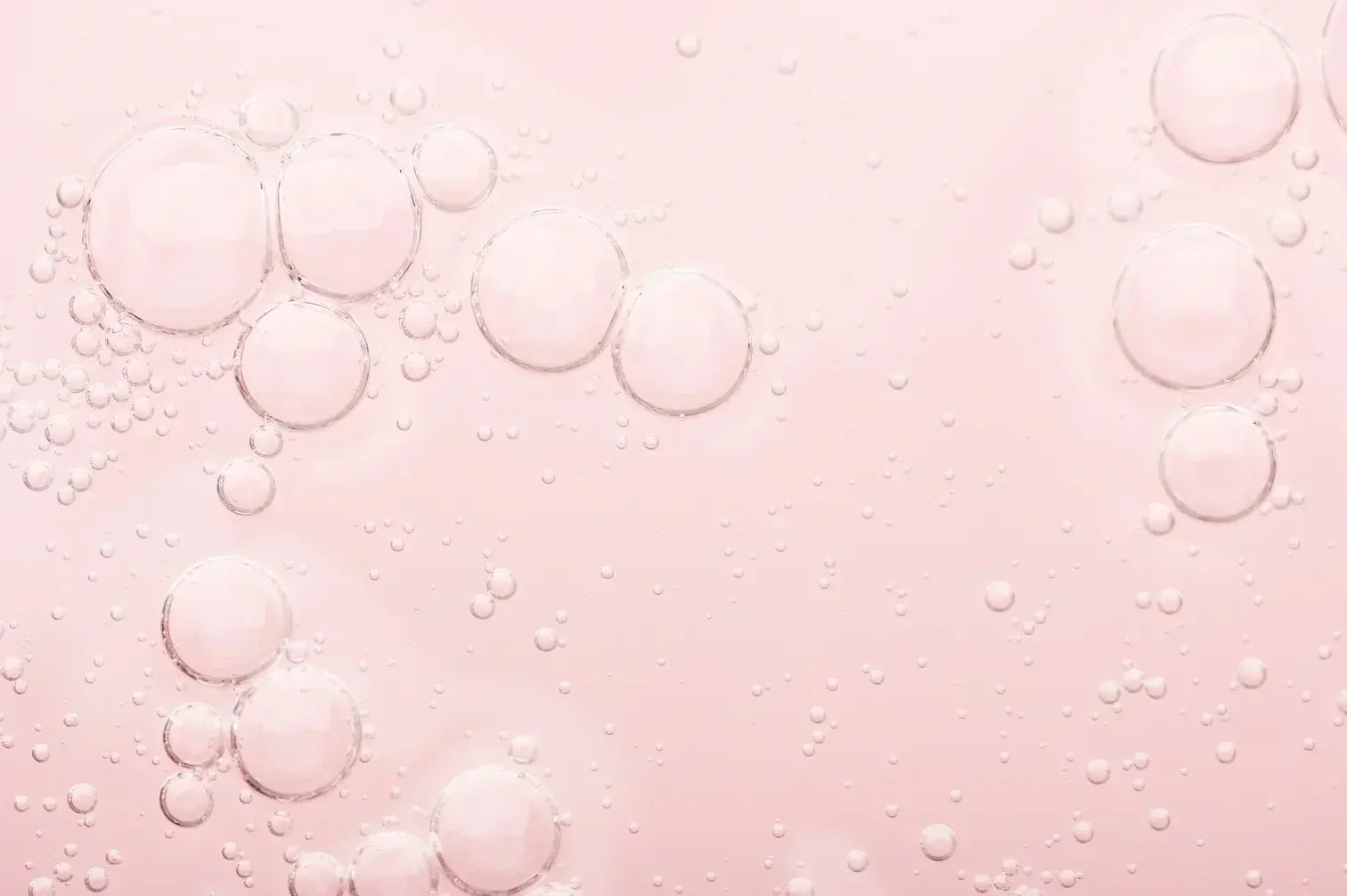How Can You Create an Effective Oily Skin Care Routine?
Developing a skin care routine for oily skin can seem overwhelming, but it doesn’t have to be complicated - it just requires a few consistent face cleansing steps. When developing a skin care routine for oily skin, the following are some things to consider :1
- Determine if your skin type is “oily.”
- Establish what your primary skin care concerns are. For example, does your oily skin tend to develop acne or blackheads? Do you have concerns regarding texture or pore size? Identifying your concerns can help you choose the right products and ingredients to address them.
- Research ingredients and products to make informed decisions. When choosing a skincare product for oily skin, it's essential to look for non-comedogenic and oil-free ingredients.
- Building a skin care routine doesn't have to be complicated. Start with a gentle, oil-free cleanser to remove excess oil and impurities. Then opt for a lightweight, oil-free moisturizer, peptide eye cream, or serum to hydrate your skin without contributing to oil production.
- Consistency is key when it comes to a skin care routine.
How Should You Determine Which Products to Incorporate Into Your Routine?
What Are the Most Important Products to Include in Your Oily Skin Health Routine?
- Oil-free Cleanser: Cleansing is an essential step in any skin care routine, but for oily skin, it's important to choose a gentle, oil-free gel cleanser that won't disrupt skin’s delivate lipid (oil) balance.
-
Lightweight Moisturizer or Serum: Oily skin still still needs hydration from moisturizer, peptide body lotion, and serums, but choosing a lightweight, oil-free moisturizer or serum that won't clog pores or contribute to oiliness is essential. When choosing a moisturizer or serum, look for the following ingredients:
- Niacinamide
- Hyaluronic Acid
- Vitamin C
- Sunscreen: Even if you have oily skin, it's important to protect your skin from the sun's harmful UV rays. No one is immune to the harmful effects of the sun's UV rays. Look for a lightweight, oil-free sunscreen that won't clog pores or contribute to oiliness.
Acne can affect people of all ages, not just teenagers. And, for the most part, acne occurs in people with oily skin types. According to the American Academy of Dermatology Association (AADA), acne is the most common skin condition in the US, with 50 million people affected annually. For mild or intermittent cases of acne prone skin, a consistent skin care regimen is often enough to reduce breakouts. More severe cases may require a toner, an over-the-counter salicylic acid or benzoyl peroxide treatment, or the assistance of a professional.2
What are Products to Avoid When Creating Your Oily Skin Health Routine?
- Heavy, Oil-based Moisturizers: Thick, heavy, or oil-based moisturizers can clog pores and contribute to excess oil production, making them unsuitable for oily skin.
- Harsh or Abrasive Exfoliants: Exfoliants that are too harsh can irritate the skin and cause inflammation, leading to increased oil production and acne breakouts.
- Alcohol-based Toners: While toners can be effective for oily skin, it's vital to avoid alcohol-based toners that can strip the skin of its natural oils and cause it to produce even more oil to compensate.
-
Heavy Makeup
: As tempting as it is to use makeup to cover up blemishes or acne, heavy or oil-based makeup can clog pores and contribute to more breakouts. So, if makeup is necessary, it's important to choose lightweight, oil-free beauty products.3
- Fragranced Products: Fragranced in skin care products can be irritating and can lead to inflammation as well as increased oil production. Opt for fragrance-free items whenever possible.



